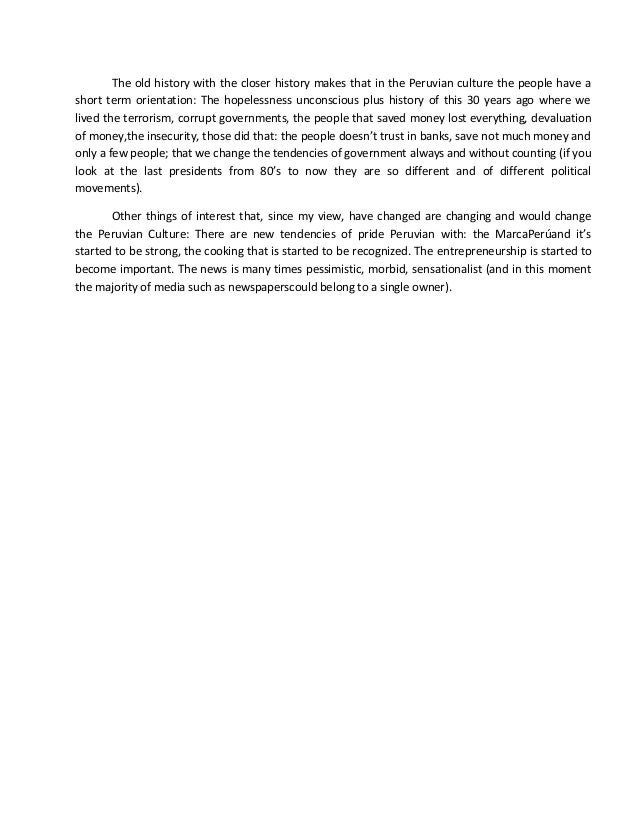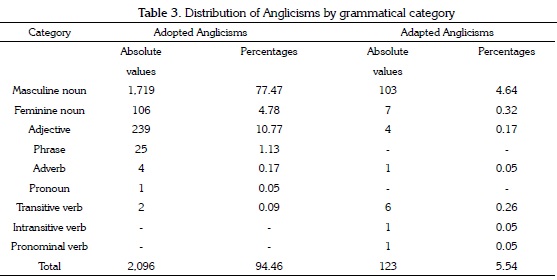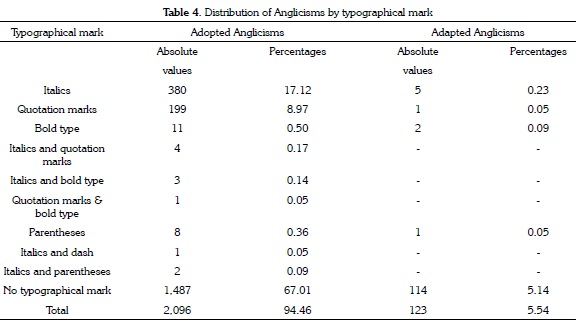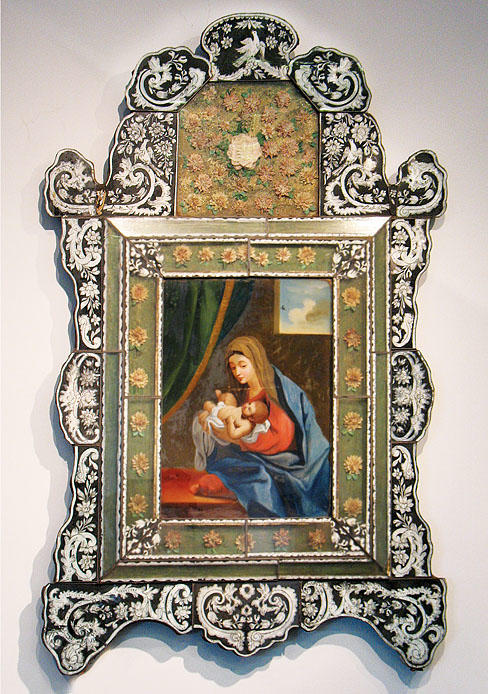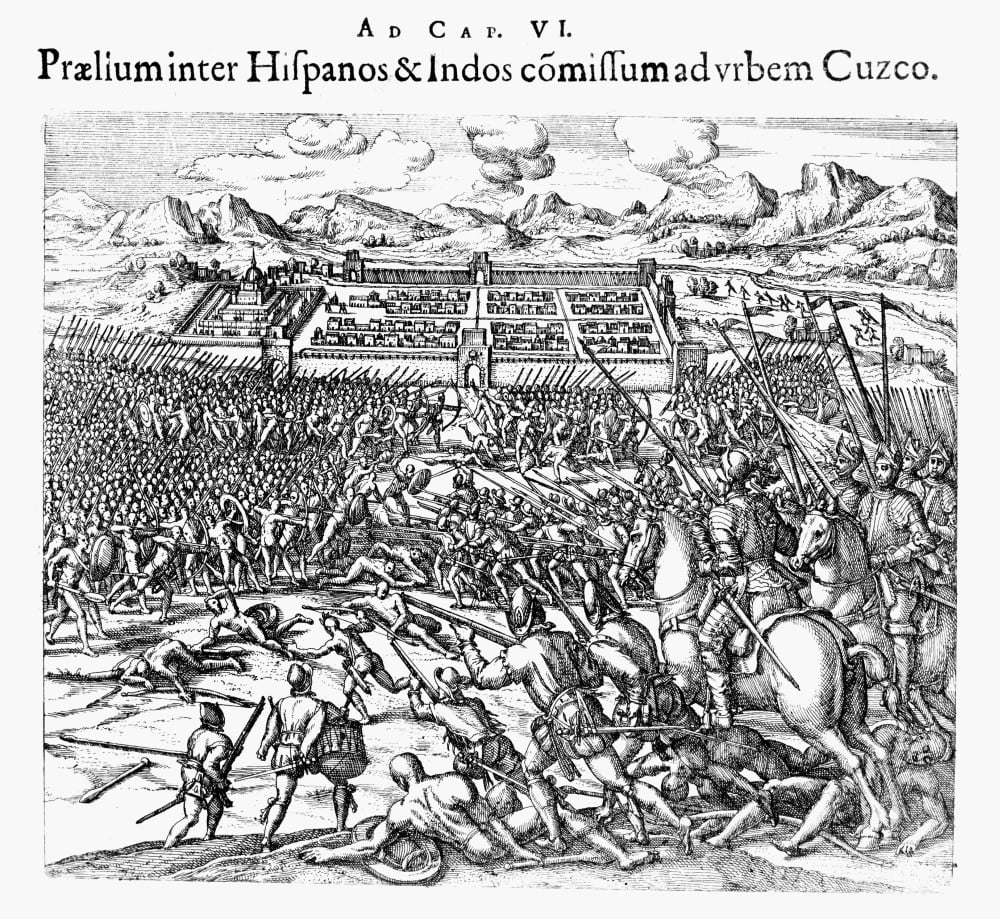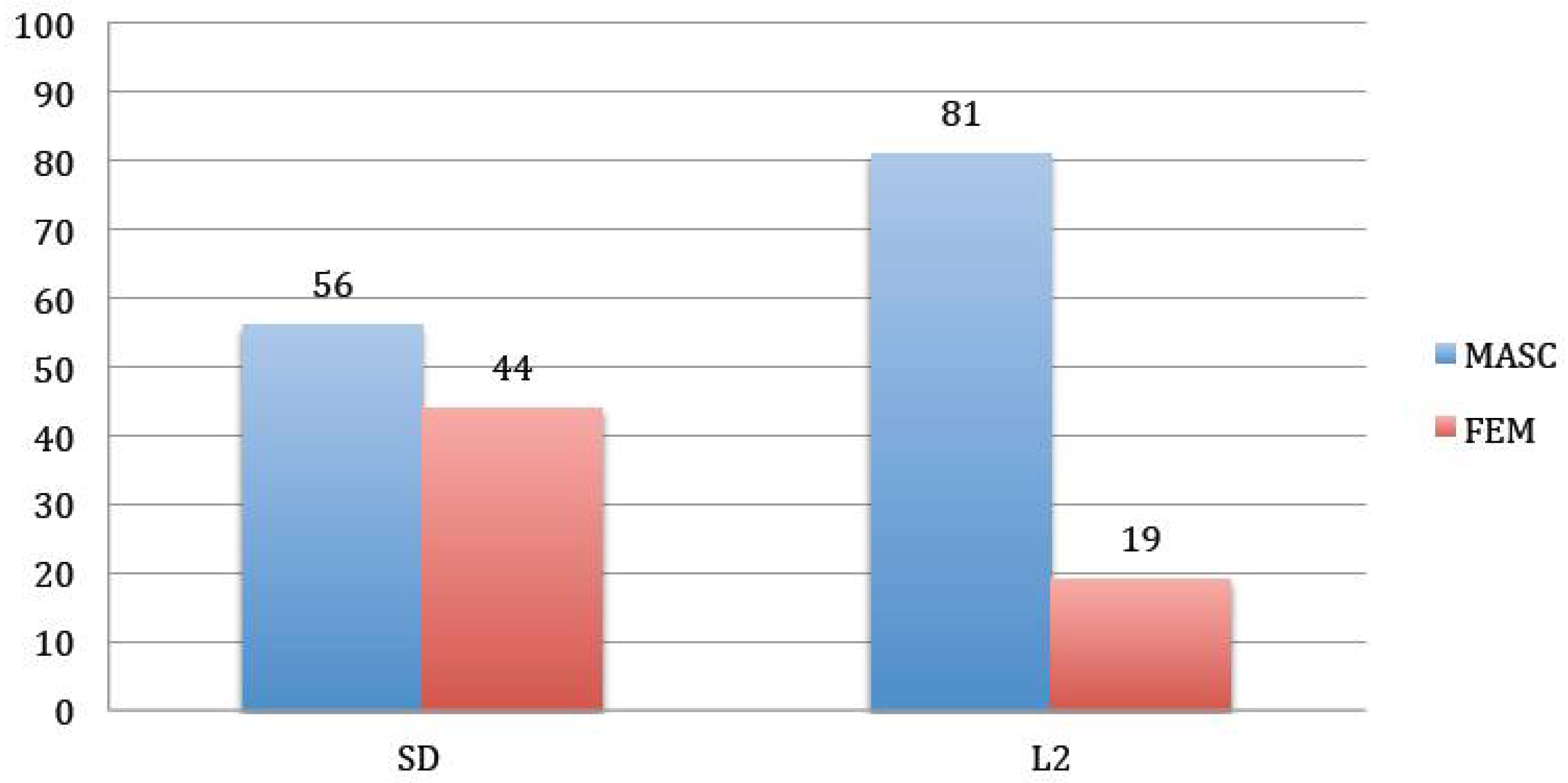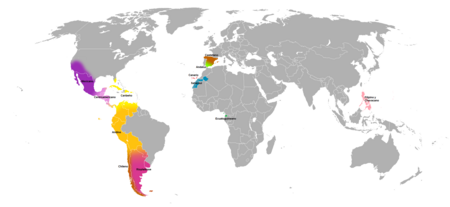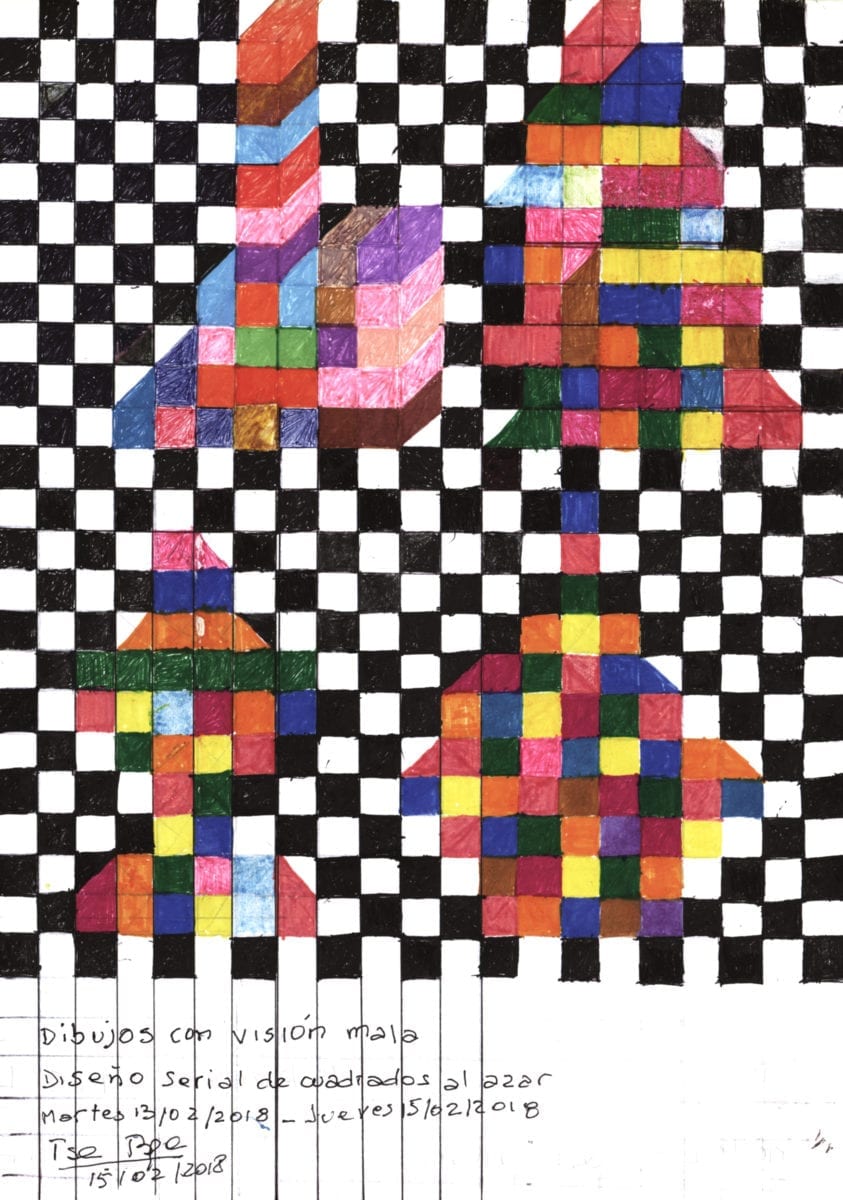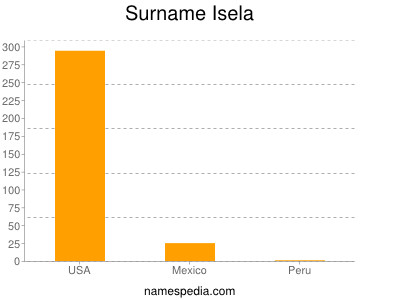Peru In Spanish Feminine
When an adjective of nationality ends in a consonant a.

Peru in spanish feminine. The nationalities in spanish are in masculine or feminine gender. In spanish nouns and adjectives usually have a masculine form and a feminine form depending if the person being referenced is male or female. Over 100000 english translations of french words and phrases.
La is used to modify feminine nouns or places. Inflection of peru kotus type 1valo no gradation nominative peru genitive perun partitive perua illative peruun singular plural nominative peru accusative nom. Only 943 of females 15 and older are literate compared to 972 of males according to 2016 estimates.
Do you capitalize countries in spanish. Sanchez 1963i 585 the distinguished peru vian historian is even a little disdainful of the feminine conspiracies of the little countesses and marchionesses sanchez 196311 176 note too how exceptional and short lived was the womens activity. Indigenous women of peru travel less than men.
M one day she quit her job moved to peru and started a llama farmun dia renuncio a su trabajo se mudo a peru y establecio una granja de llamas. M means that a noun is masculine. Genitive perun partitive perua inessive perussa elative perusta illative peruun adessive perulla ablative perulta.
Masculine singular feminine singular masculine plural and feminine plural though some just have two forms singular and plural. While in english they are capitalized in spanish they are not. Female literacy is lower than male literacy in peru.
The definite articles in spanish are el and la both meaning the el is used to modify masculine nouns or places. Spanish nouns have a gender which is either feminine like la mujer or la luna or masculine like el hombre or el sol. As in france and the united states the latin american revolutions for independence.
As such they tend to be less fluent in spanish the national language of peru. The difference comes in the nationalities. In most of the cases the difference is that the feminine one ends in a.
Nationalities in spanish are often talked about using nationality adjectives which are adjectives that describe the country a person or thing is frommost nationality adjectives in spanish have four forms. The masculine form is usually used to refer to more than one person of unknown gender. As in english the names are written with capital letters.






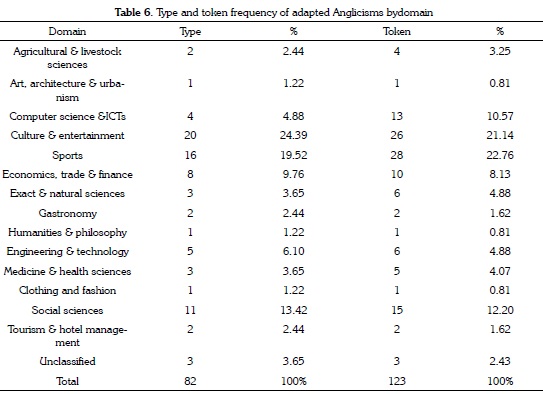



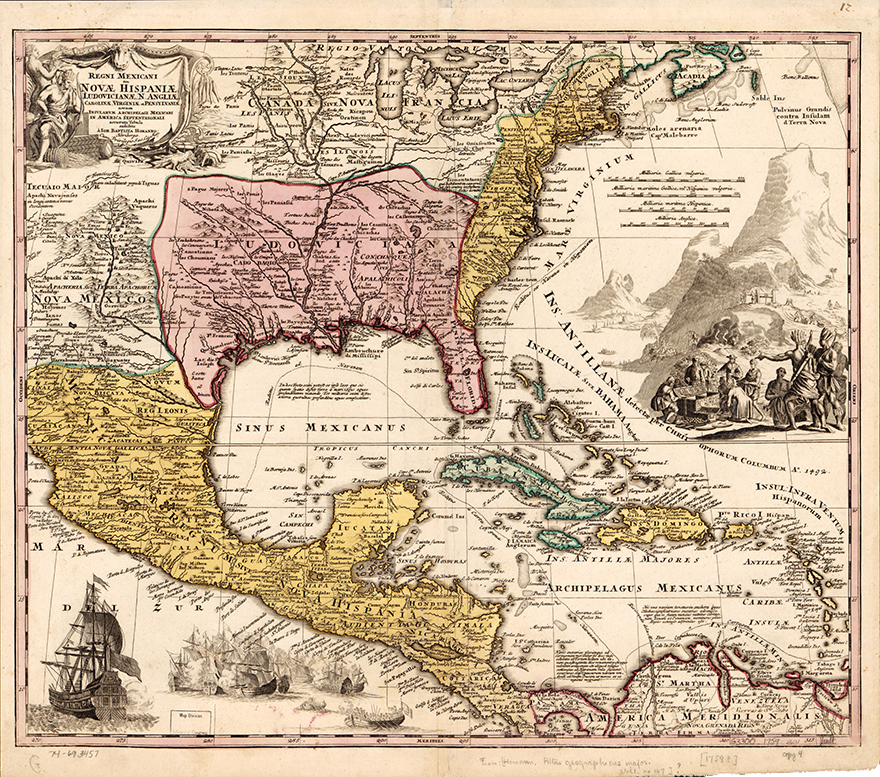







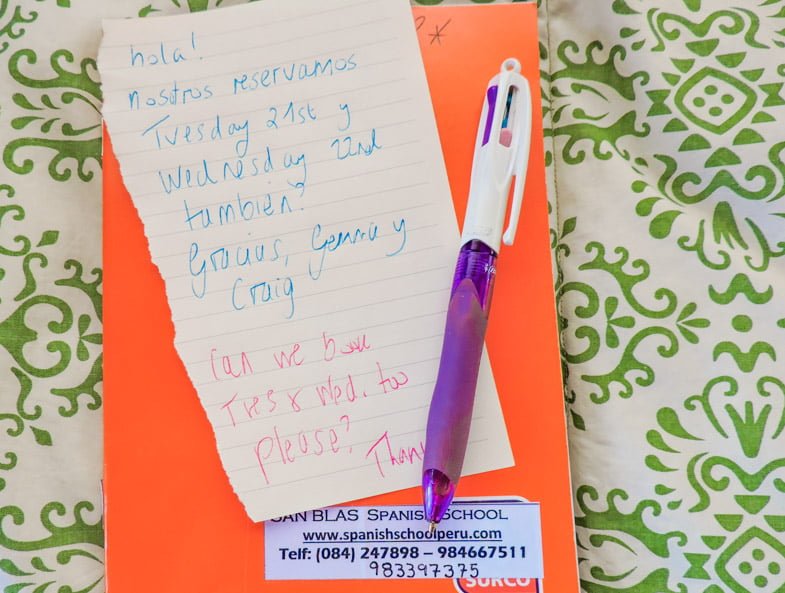





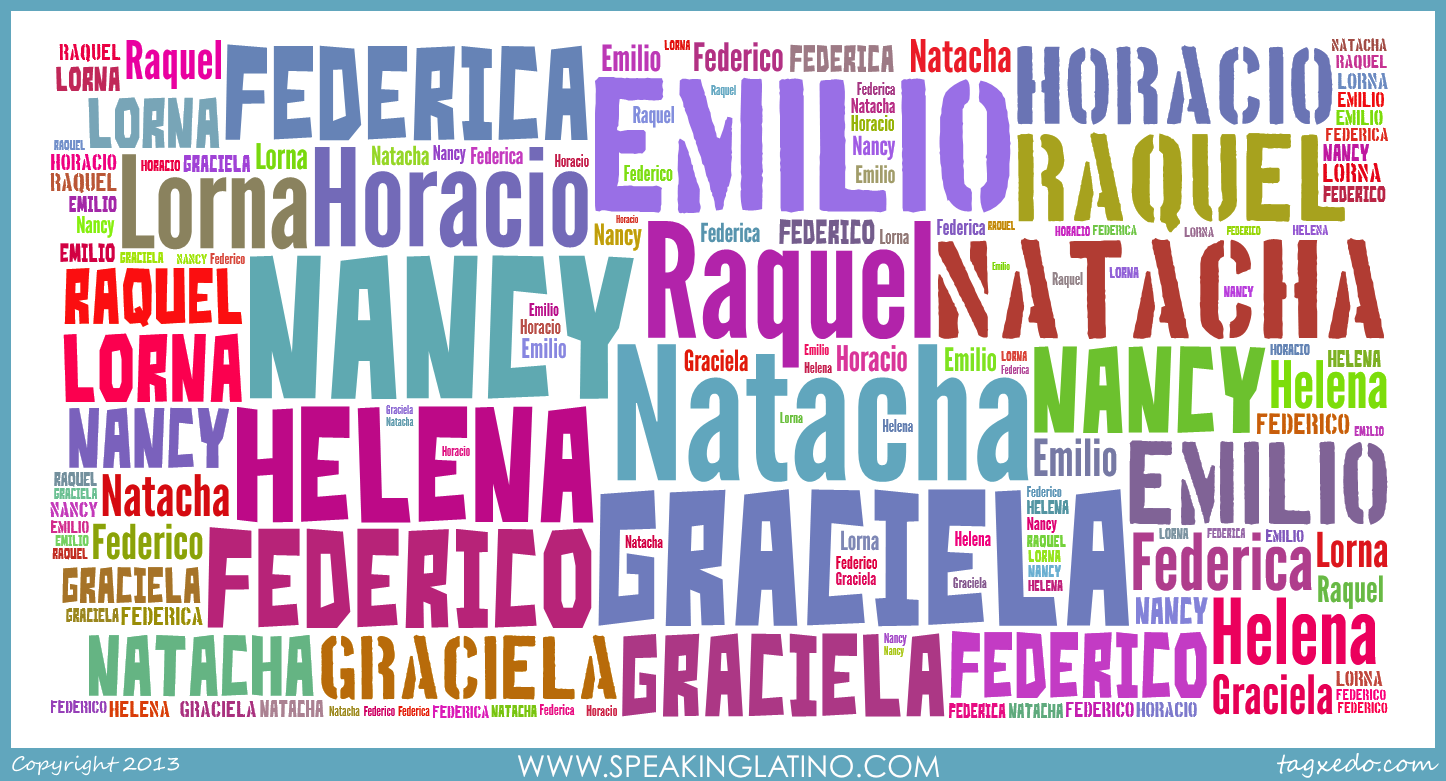




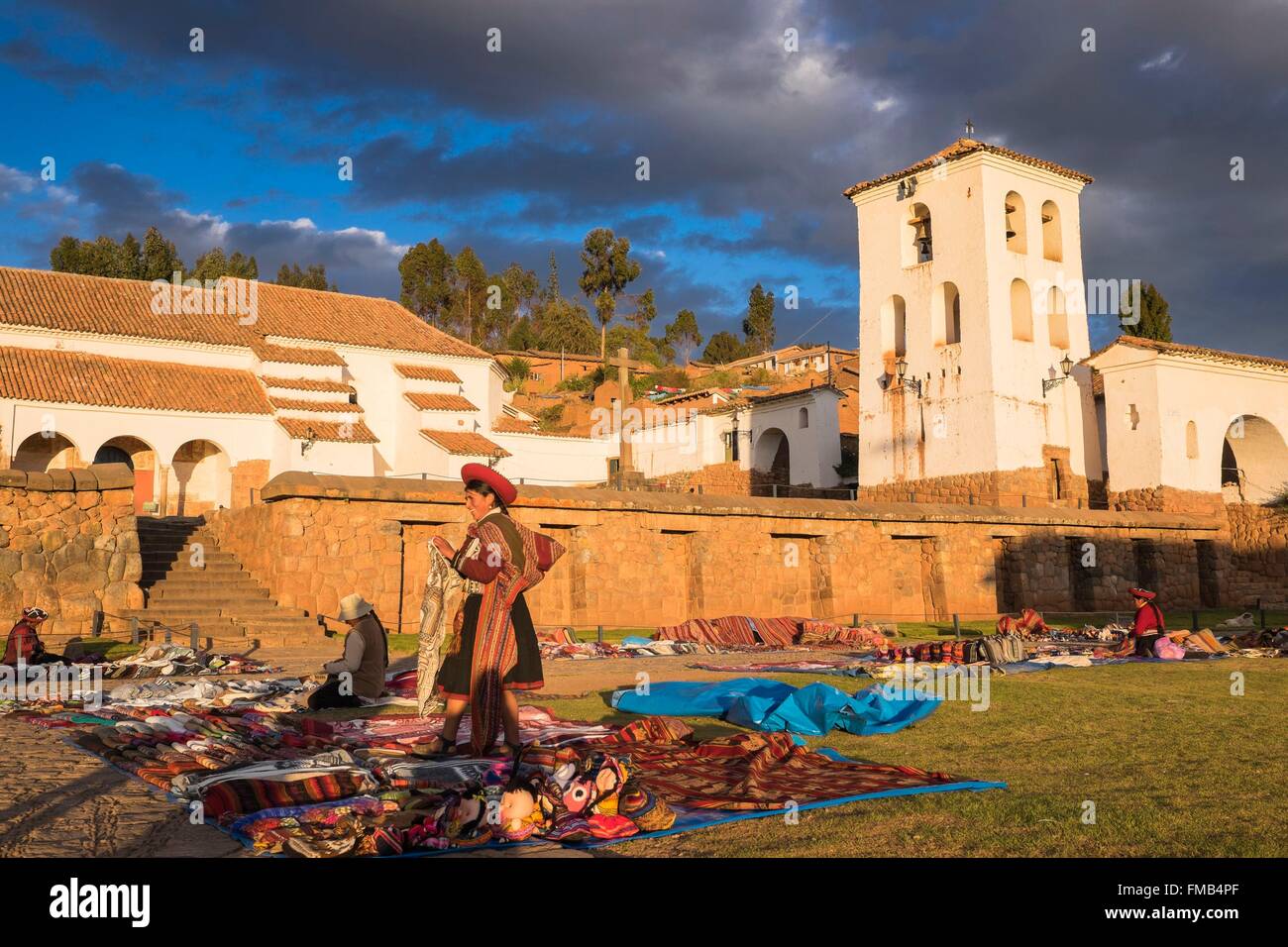



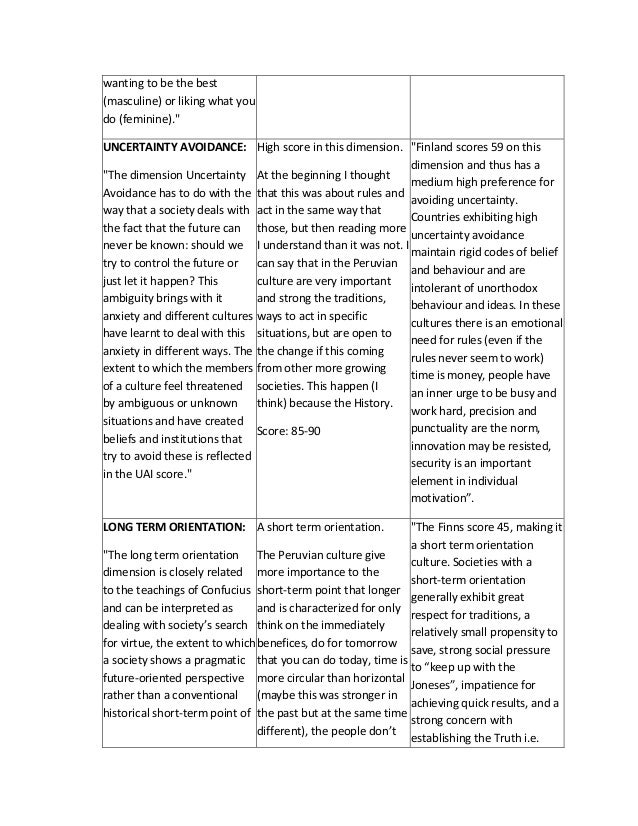












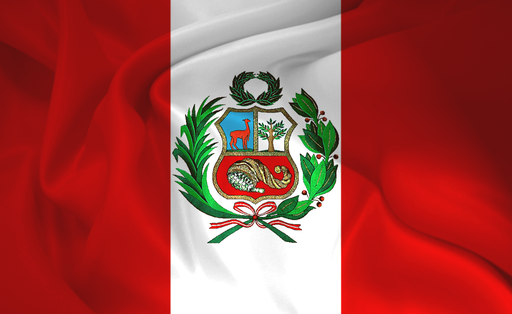
/copacabana---panoramic-view-of-town-and-bay-835791026-59c58d6122fa3a0011f0ec21.jpg)





